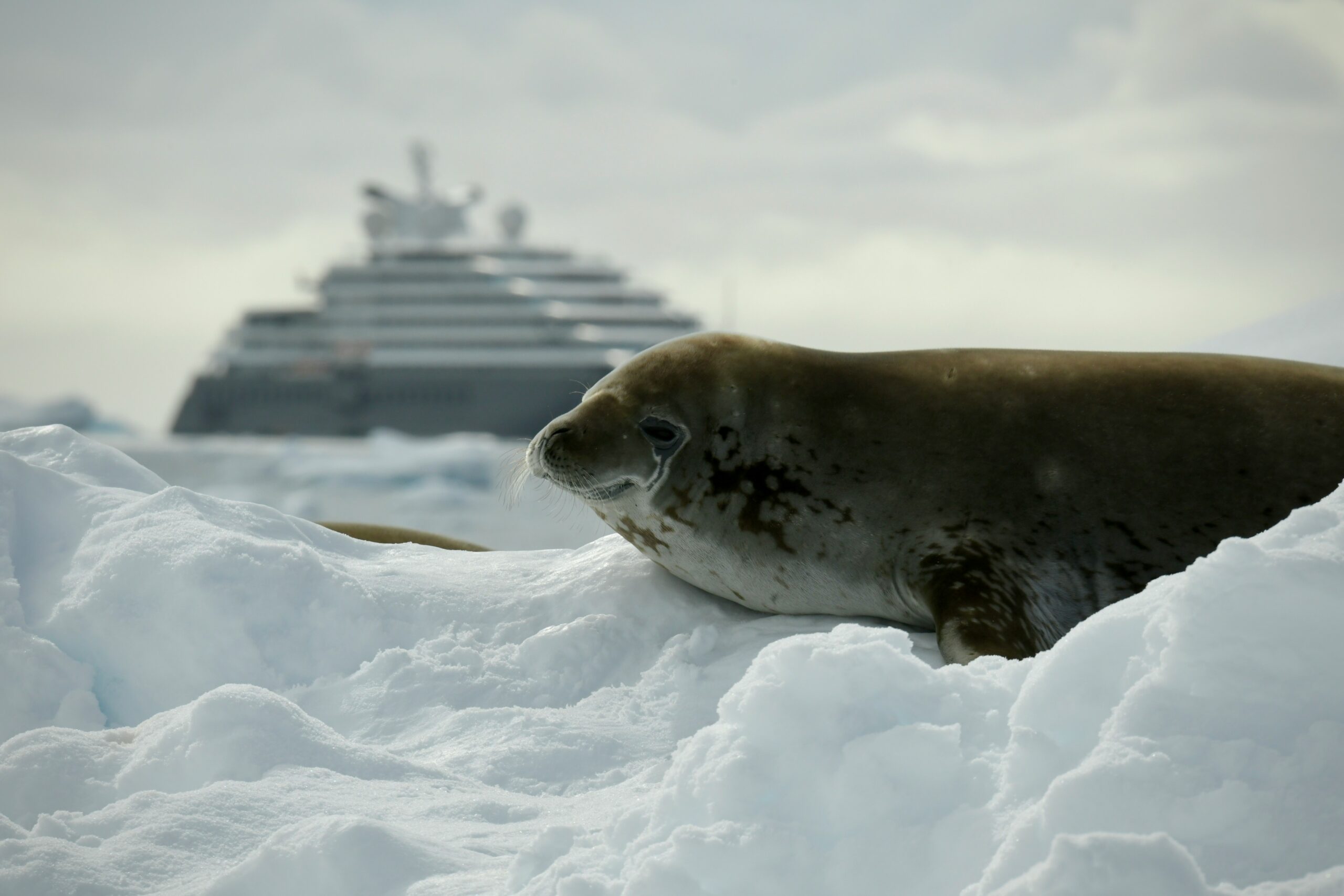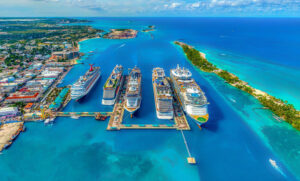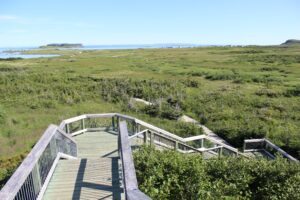A cruise to Antarctica is a dream trip for many travelers—a rare opportunity to set foot on the Earth’s most remote and pristine continent. But with so many types of cruises available, choosing the right one can feel overwhelming. From ship size and itinerary to adventure levels and comfort, each option offers a very different kind of experience.
Here’s a practical guide to help you select the Antarctic cruise that best fits your travel style, interests, and budget.
🛳️ 1. Expedition vs. Scenic Cruises: Know the Difference
The first and most important decision is what kind of Antarctic experience you’re looking for:
Do you want to step ashore, explore in Zodiacs, and maybe even kayak among icebergs—or are you looking to admire the icy scenery from the comfort of a luxurious ship?
✅ Expedition Cruises (Smaller ships, 100–200 passengers):
- Pros:
- More landings (IAATO rules limit ship landings to 100 passengers at a time)
- Greater access to remote coves and wildlife colonies
- Zodiacs and adventure activities included
- More educational content (naturalists, scientists onboard)
- Cons:
- Smaller cabins, fewer amenities
- Less focus on luxury; geared toward adventure
- Best for: Active travelers, wildlife enthusiasts, photographers, and first-timers wanting a true immersive experience.
✅ Scenic or Luxury Cruises (Large ships, 500+ passengers):
- Pros:
- High-end accommodations, spas, fine dining
- More onboard entertainment and comforts
- Some offer helicopter or submarine tours
- Cons:
- Limited/no landings due to ship size
- Less direct interaction with nature
- Best for: Cruise lovers, luxury travelers, and those who want scenic viewing without roughing it.
📍 2. Decide on Your Itinerary Type
All Antarctic cruises are not the same. Where your cruise goes—and how long it stays—dramatically shapes your experience.
Popular Itinerary Types:
- Classic Antarctic Peninsula (10–13 days)
Most common itinerary. Depart from Ushuaia, cross the Drake Passage, and explore the Peninsula’s bays, icebergs, and penguins. - Antarctica + South Georgia & Falkland Islands (15–21+ days)
For wildlife lovers. See king penguin colonies, albatross nesting sites, and Shackleton history. - Fly-Cruise Options
Skip the Drake Passage by flying to King George Island and boarding your ship there. Great for those prone to seasickness. - Weddell Sea or Ross Sea Cruises (20+ days)
More remote, ice-heavy regions, fewer departures. Ideal for repeat visitors or hardcore explorers.
🗓️ 3. Pick the Right Time to Go
The Antarctic cruise season runs from late October to early March. Each window offers different highlights:
| Timeframe | What to Expect |
|---|---|
| Nov – Early Dec | Fresh snow, few tourists, penguin courtship |
| Mid-Dec – Jan | Warmest weather, penguin chicks, long daylight |
| Feb – Mar | Peak whale watching, great for photography |
If you’re after specific wildlife encounters or ice conditions, time your cruise accordingly.
💸 4. Match the Cruise to Your Budget
Antarctica is a premium destination, but there are price ranges:
- Budget Expedition ($6,000–$9,000 USD)
Basic cabins, fewer frills, excellent access - Mid-Range ($10,000–$15,000)
Comfortable ships, excursions included, great food and guiding - Luxury ($15,000–$30,000+)
High-end suites, fine dining, optional helicopters/submarines, spas, but fewer landings if on large ships
Tips to save:
- Book early for discounts (12+ months ahead)
- Travel in shoulder seasons (Nov or late Feb)
- Look for promotions from IAATO-accredited cruise operators
🧭 5. Evaluate the Cruise Operator
Look for operators that are members of IAATO (International Association of Antarctica Tour Operators). This ensures your cruise meets strict environmental and safety standards.
Check for:
- Expert expedition leaders and naturalists onboard
- Strong sustainability practices
- Passenger reviews (especially on service, safety, and logistics)
Top reputable expedition companies include:
- Quark Expeditions
- Aurora Expeditions
- Oceanwide Expeditions
- Ponant
- Hurtigruten
- Silversea (luxury + expedition blend)
🧰 6. Consider Activity Options
If you want to do more than observe from the deck, look for cruises that offer:
- Zodiac landings (standard on expedition cruises)
- Hiking and snowshoeing
- Kayaking
- Photography workshops
- Camping on ice (offered on select cruises)
- Polar plunge
Some activities require pre-booking or have limited availability—ask your tour provider in advance.
🧳 7. Check What’s Included
Expedition cruises can vary in terms of inclusions, so always read the fine print.
Typical inclusions:
- Meals and daily excursions
- Parka (often yours to keep)
- Rubber boots (borrowed)
- Onboard lectures and activities
May not be included:
- Flights to departure point (usually Ushuaia)
- Travel insurance (mandatory)
- Internet/Wi-Fi
- Kayaking or camping add-ons
- Tips for crew and guides
✅ Final Thoughts: What’s Right for You?
| You Are… | Best Cruise Type |
|---|---|
| Active & adventurous | Small ship expedition cruise |
| Prone to seasickness | Fly-cruise option to skip the Drake Passage |
| Wildlife-obsessed | Longer itinerary with South Georgia & Falklands |
| Seeking luxury & comfort | Large ship with balcony cabins & gourmet dining |
| On a moderate budget | Early-booked classic peninsula expedition |
Ready to Explore the White Continent?
Choosing the right Antarctic cruise is about aligning your comfort level, interests, and adventure goals. Whether you’re hiking beside penguins or sipping hot cocoa while watching glaciers drift past, Antarctica promises to move you in unexpected ways.



